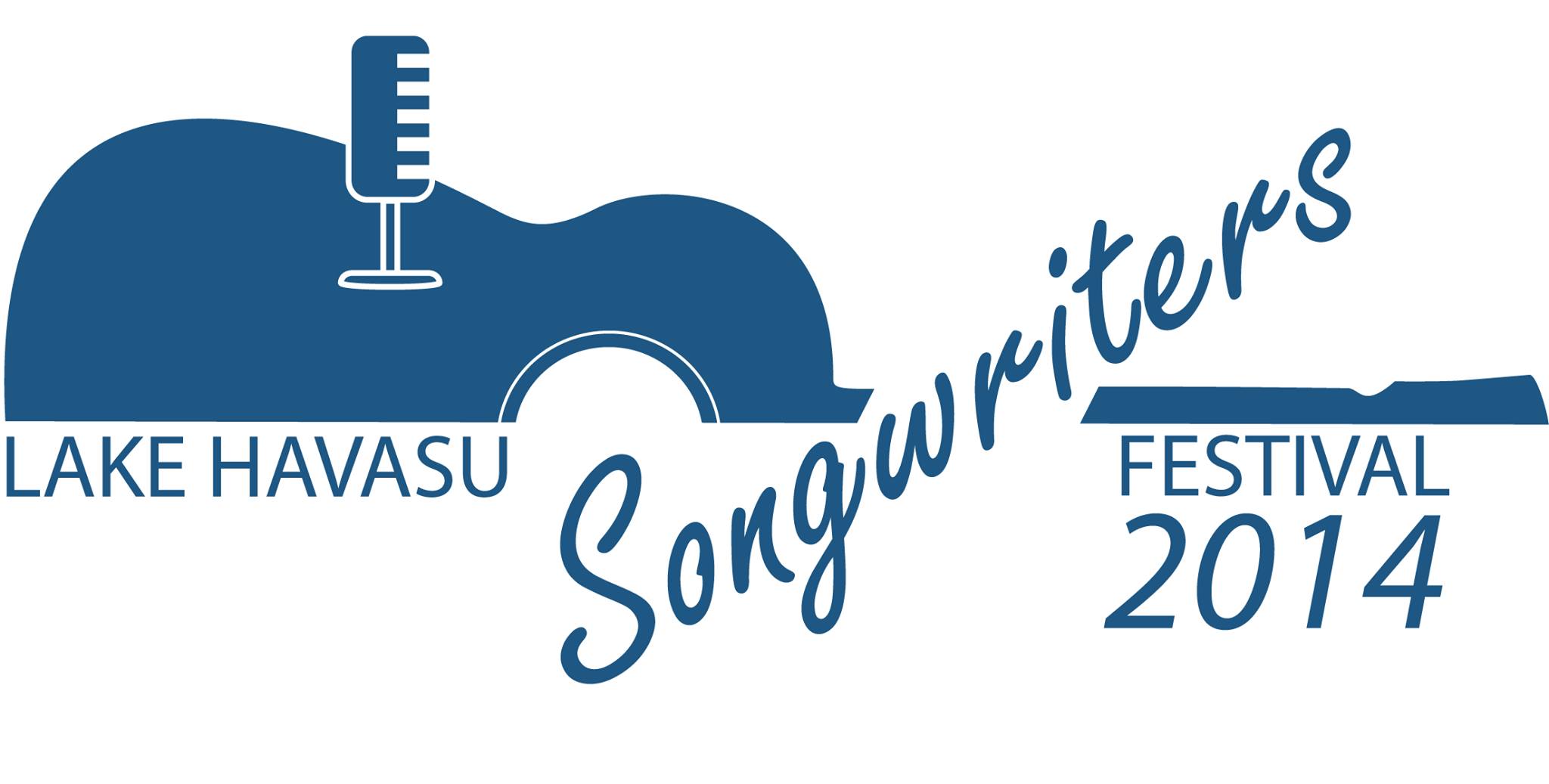Whenever possible, we enjoy giving back.
THE 100 CLUB OF ARIZONA, SERVING MORE THAN 50,000 PUBLIC SAFETY OFFICERS AND FIREFIGHTERS, AND THEIR FAMILIES THROUGHOUT THE STATE OF ARIZONA
The National Hay Association, the national trade association for the U.S. hay industry, works daily within the industry, federal agencies, and the Congress itself to create an environment that benefits hay merchants and the people who depend on hay and straw in their commerce. A non-profit organization, NHA's activities are funded entirely through membership dues. NHA proudly represents hay producers, brokers, dealers and consumers of forage products, as well as disciplines and activities of businesses that provide products and services to the hay industry.
Tree Council, Arizona
Our mission is to facilitate the planting and care of trees in Arizona. Our programs bring together communities to encourage green spaces, urban forests and great neighborhoods with shade and other benefits. We love Arizona and work together with volunteers, partners and businesses to make our communities greener and more enjoyable
Songwriters Festival 2014
Talented musicians will be celebrated at the 2nd Annual Songwriters Festival. The festival will feature a diverse lineup of talented songwriters and musicians from Lake Havasu City. Community children are in jeopardy of losing arts and music in the schools. Party with a cause knowing all ticket sales from this event will be donated to the K12 Foundation to save Music & Arts.
National Audubon Society
Audubon Mission: To conserve and restore natural ecosystems, focusing on birds, other wildlife, and their habitats for the benefit of humanity and the earth's biological diversity. For more than a century, Audubon has built a legacy of conservation success by mobilizing the strength of its network of members, Chapters, Audubon Centers, state offices and dedicated professional staff to connect people with nature and the power to protect it.
A powerful combination of science, education and policy expertise combine in efforts ranging from protection and restoration of local habitats to the implementation of policies that safeguard birds, other wildlife and the resources that sustain us all--in the U.S. and Across the Americas.
For more than a century, Audubon has built a legacy of conservation success by mobilizing the strength of its network of members, Chapters, Audubon Centers, state offices and dedicated professional staff to connect people with nature and the power to protect it.
A powerful combination of science, education and policy expertise combine in efforts ranging from protection and restoration of local habitats to the implementation of policies that safeguard birds, other wildlife and the resources that sustain us all--in the U.S. and Across the Americas.
SIERRA CLUB
Founded by legendary conservationist John Muir in 1892, the Sierra Club is now the nation's largest and most influential grassroots environmental organization -- with more than two million members and supporters. Our successes range from protecting millions of acres of wilderness to helping pass the Clean Air Act, Clean Water Act, and Endangered Species Act. More recently, we've made history by leading the charge to move away from the dirty fossil fuels that cause climate disruption and toward a clean energy economy.
Ducks Unlimited is the world's leader in wetlands and waterfowl conservation.
DU got its start in 1937 during the Dust Bowl when North America’s drought-plagued waterfowl populations had plunged to unprecedented lows. Determined not to sit idly by as the continent’s waterfowl dwindled beyond recovery, a small group of sportsmen joined together to form an organization that became known as Ducks Unlimited. QUACK.
The name “Navajo” comes from the late 18th century via the Spanish (Apaches de) Navajó "(Apaches of) Navajó", which was derived from the Tewa navahū "fields adjoining a ravine". The Navajo call themselves Diné. The Program provides food, simple medicines, clothing, fabric, and yarns to help these Elders live on the Land in their traditional lifestyle. As they have become elderly, it has become more difficult for them to support themselves on the Land in their traditional ways.









